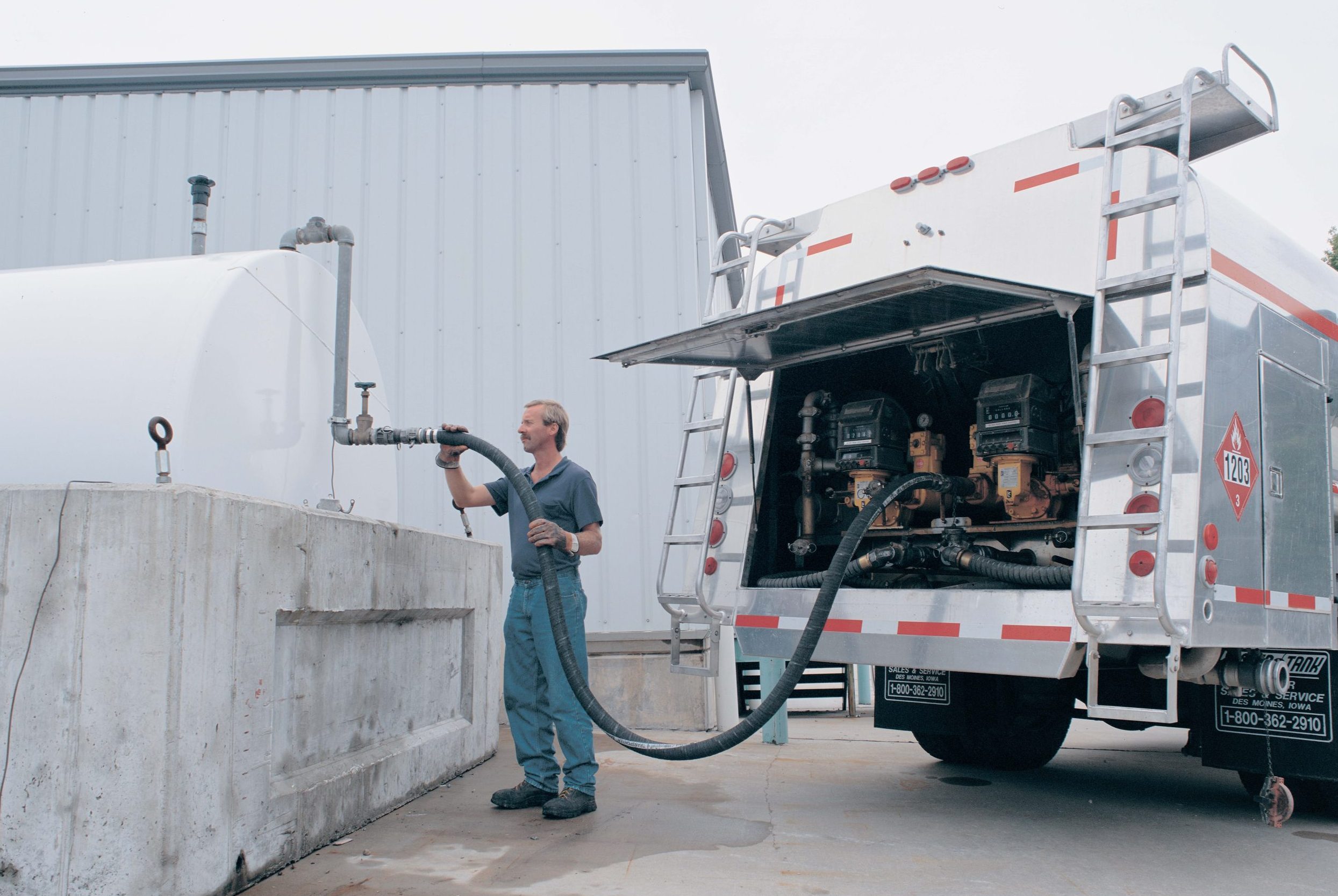As the leaves begin to fall and colder weather sets it, the need to inspect and prepare diesel fuel tanks, dispensers, and equipment for colder temperatures becomes evermore important. Cold weather can impact diesel fuel quality and vehicle performance, emphasizing the importance of adopting best practices to ensure smooth operation during the blusterous winter months.
We share the best practices for handling winter diesel fuel, helping you navigate the frosty season with confidence and efficiency.
Understand Your Fuel’s Behavior in Cold Weather
The performance of fuel in cold weather can be influenced by its crude oil source and refining process. Diesel fuels inherently contain wax, and when the temperature drops below a certain point, changes like crystallization, gelling, or increased viscosity can occur. These alterations can impede the flow of fuel and lead to filter plugging issues, negatively impacting vehicle operability.
It is crucial to pay attention to two key cold-flow measurements: cloud point (CP) and cold filter plugging point (CFPP). The cloud point is the temperature at which wax crystals first become visible in the fuel, giving it a cloudy or hazy appearance. On the other hand, CFPP is the temperature at which larger wax crystals start forming and can obstruct the fuel filter. To optimize performance, aim for a CFPP below the expected winter low temperatures. Consult your fuel supplier for assistance in testing your fuel.
Utilize Winter Fuel Additives
Regardless of the type of fuel you use, it’s essential to prepare it for winter by adding appropriate fuel additives. Wax anti-settling agents play a vital role in preventing wax crystals from clumping together and forming larger crystals, thus keeping them dispersed in the fuel and preventing accumulation at the tank’s bottom, which could lead to filter blockage. Collaborate with your fuel supplier to determine the right additives for your needs. Incorporate winter fuel preparation as a standard part of your fall equipment checks to ensure timely maintenance.
Guard Against Water Contamination
Minimize air space in fuel tanks to prevent condensation, especially during temperature fluctuations. Seal fuel caps tightly to prevent water from entering the tank. Regularly inspect hoses and gaskets for potential leaks.
Monitor and Replace Filters
During winter, water is a common cause of fuel filter plugging in diesel engines. When temperatures drop below 32 degrees F, any excess water in the tank can freeze on the filter, obstructing fuel flow. It is recommended that all operators install a new 30-micron or higher dispenser filter before the onset of winter. Dirty filters exacerbate the fuel’s increased viscosity and leads to faster clogging in cold weather.
Seek Assistance When Needed
Preparing for winter is crucial to ensure that your diesel fuel and vehicles perform optimally during the colder months. By following these best practices, you can mitigate the challenges posed by winter conditions and keep your diesel vehicles running efficiently and smoothly throughout the winter season. Stay proactive, stay prepared, and embrace a hassle-free winter with your diesel vehicles.
If you encounter issues or have questions related to fuel or filter plugging problems, you are encouraged to contact Indigenous Energy at info@indigenous-energy.com. Indigenous Energy provides a suite of fuel quality services for fleet operators and farmers that are currently using, or interested in using, biodiesel in Michigan.

